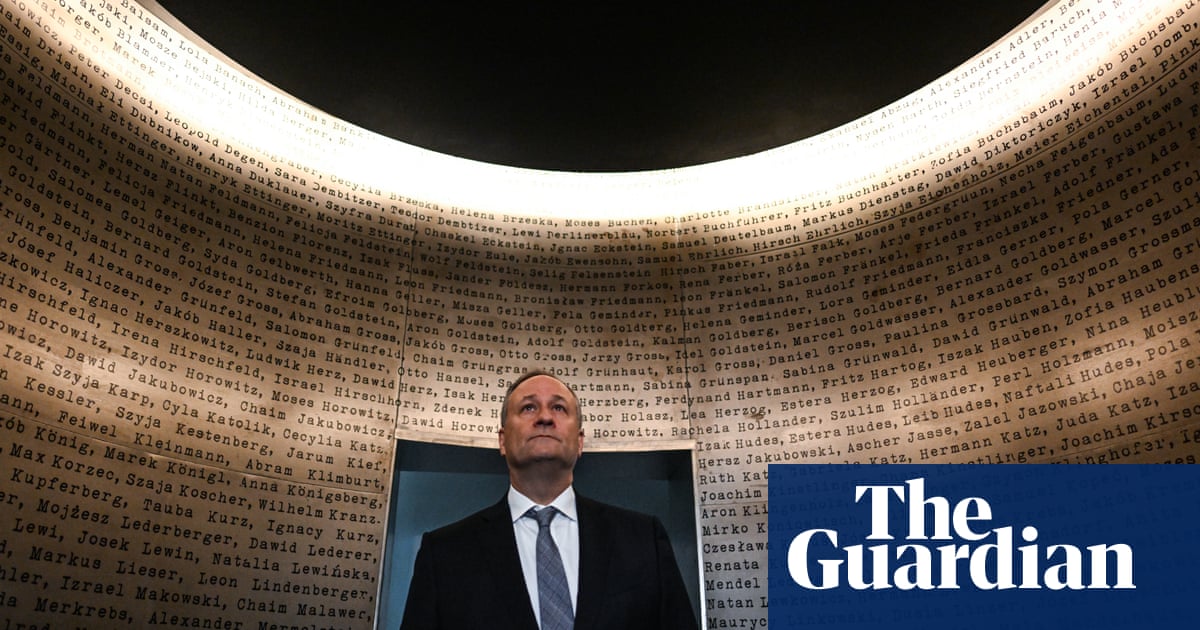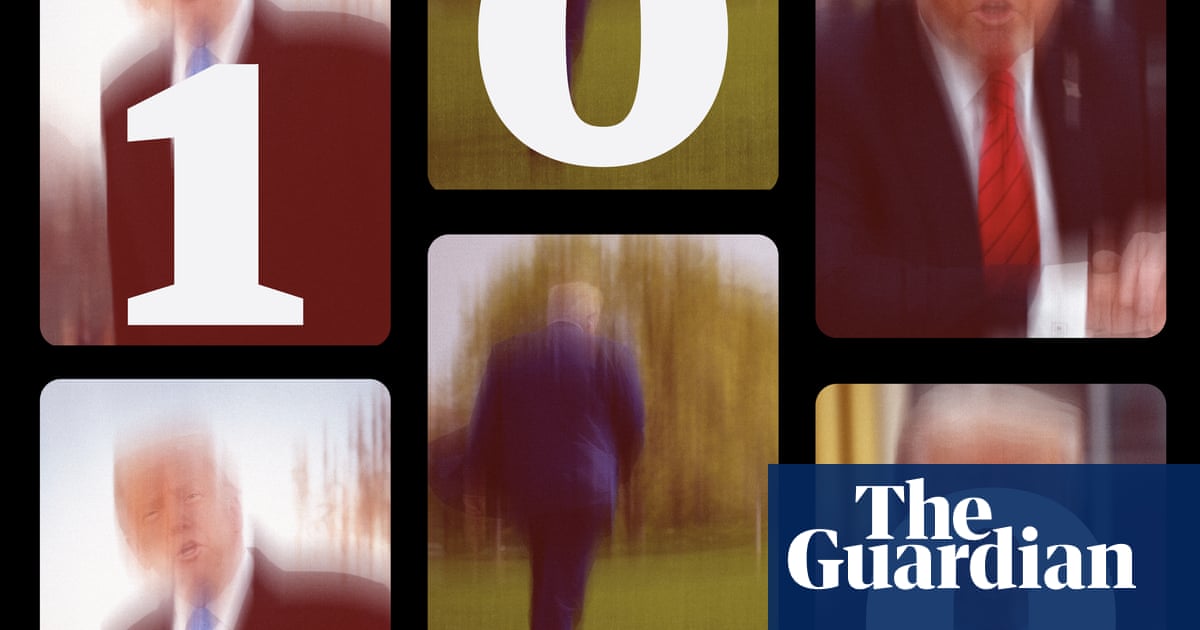By Michael Martina, Patricia Zengerle
WASHINGTON (Reuters) -A majority of the U.S. Senate on Tuesday backed one-time U.S. Senator David Perdue to be ambassador to China, a position the former business executive assumes amid a deep strategic rivalry and blistering trade war between the two countries.
The vote was 67 to 29 in favor of confirming President Donald Trump's nominee, who was a Republican U.S. senator from Georgia from 2015 to 2021 and previously lived in Hong Kong during a 40-year career as an international business executive.
Fifteen Democrats and one independent who caucuses with the Democrats joined Trump's fellow Republicans in backing Perdue for the position.
Despite being a critic of China and its ruling Communist Party, Perdue has faced some pushback over his business track record of supporting offshoring U.S. jobs to countries with lower labor costs, a practice Trump has railed against for hollowing out the U.S. manufacturing base.
Last year, Perdue condemned Chinese President Xi Jinping as a "modern-day emperor," writing in an essay that Beijing wanted to "destroy capitalism and democracy" and the U.S.-led world order.
In nominating Perdue, Trump had said he would be instrumental in implementing a "productive working relationship with China's leaders." During his confirmation hearing in early April, Perdue said the U.S. approach to China must be "nuanced, nonpartisan, and strategic."
Perdue's nomination marked a return to the frequent practice over recent decades of sending former politicians to the U.S. embassy in Beijing, after Democratic President Joe Biden tapped veteran diplomat Nicholas Burns in 2021.
EXACT ROLE UNCLEAR
It was not immediately clear how central a role Perdue would play in the fraught U.S.-China relationship. Since beginning his second White House term on Jan. 20, Trump has unleashed 145% tariffs on most Chinese goods over what his administration sees as decades of trade abuses by China. Beijing responded with its own 125% tariffs on U.S. products.
"In this administration, diplomacy with Beijing will be driven from the top. Trump - and key figures like the Treasury and Commerce secretaries - will likely play the dominant roles in any substantive engagement with China, if for no other reason than Trump really considers himself Negotiator-in-Chief," said Craig Singleton, senior director for China at the Foundation for Defense of Democracies.
Adding to global trade confusion, Trump has repeatedly urged Xi to call him for discussions about a potential trade deal, but Beijing has publicly denied such a call has taken place recently and said tariff negotiations had not begun.
Economists broadly warn that the tariffs will lead to higher prices for U.S. consumers and increase the risk of recession. And the fallout from the trade war reverberated further through the corporate world on Tuesday, as delivery giant UPS said it would cut 20,000 jobs to lower costs, while General Motors pulled its outlook and pushed its investor call to Thursday pending possible changes to trade policy.
Nonetheless, Trump administration officials say the two sides are in routine working-level contact and have signaled some desire to defuse tensions. U.S. Treasury Secretary Scott Bessent said both sides see the current state of play as untenable.
Beyond trade, Beijing and Washington face a host of serious disputes, including tensions over China's military build-up and its pressure toward Taiwan and other U.S. partners and allies in the Indo-Pacific region.
(Reporting by Michael Martina and Patricia Zengerle; editing by Paul Simao)

 German (DE)
German (DE)  English (US)
English (US)  Spanish (ES)
Spanish (ES)  French (FR)
French (FR)  Hindi (IN)
Hindi (IN)  Italian (IT)
Italian (IT)  Russian (RU)
Russian (RU) 























Comments